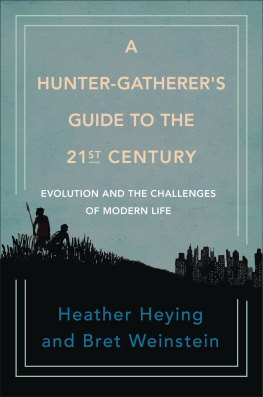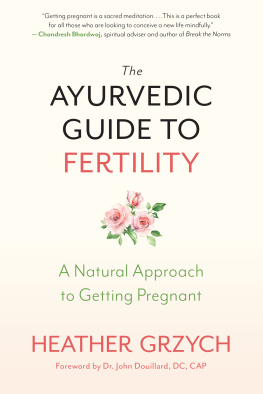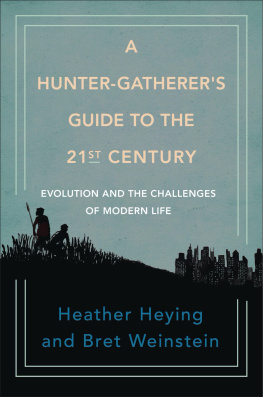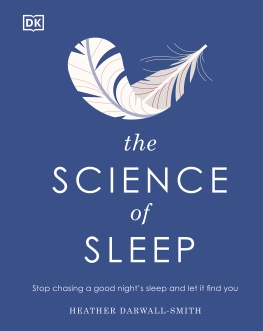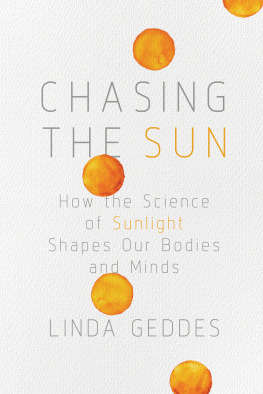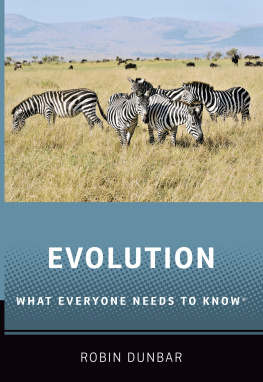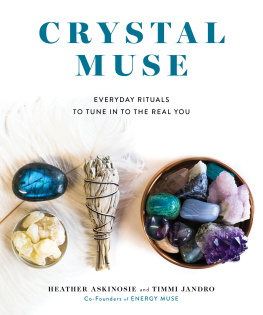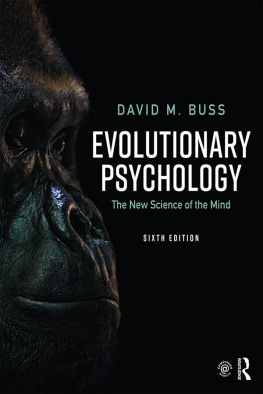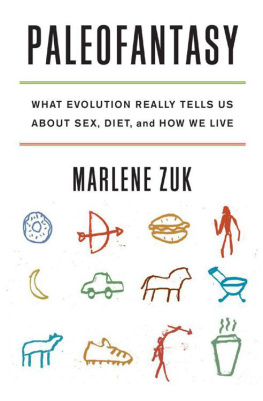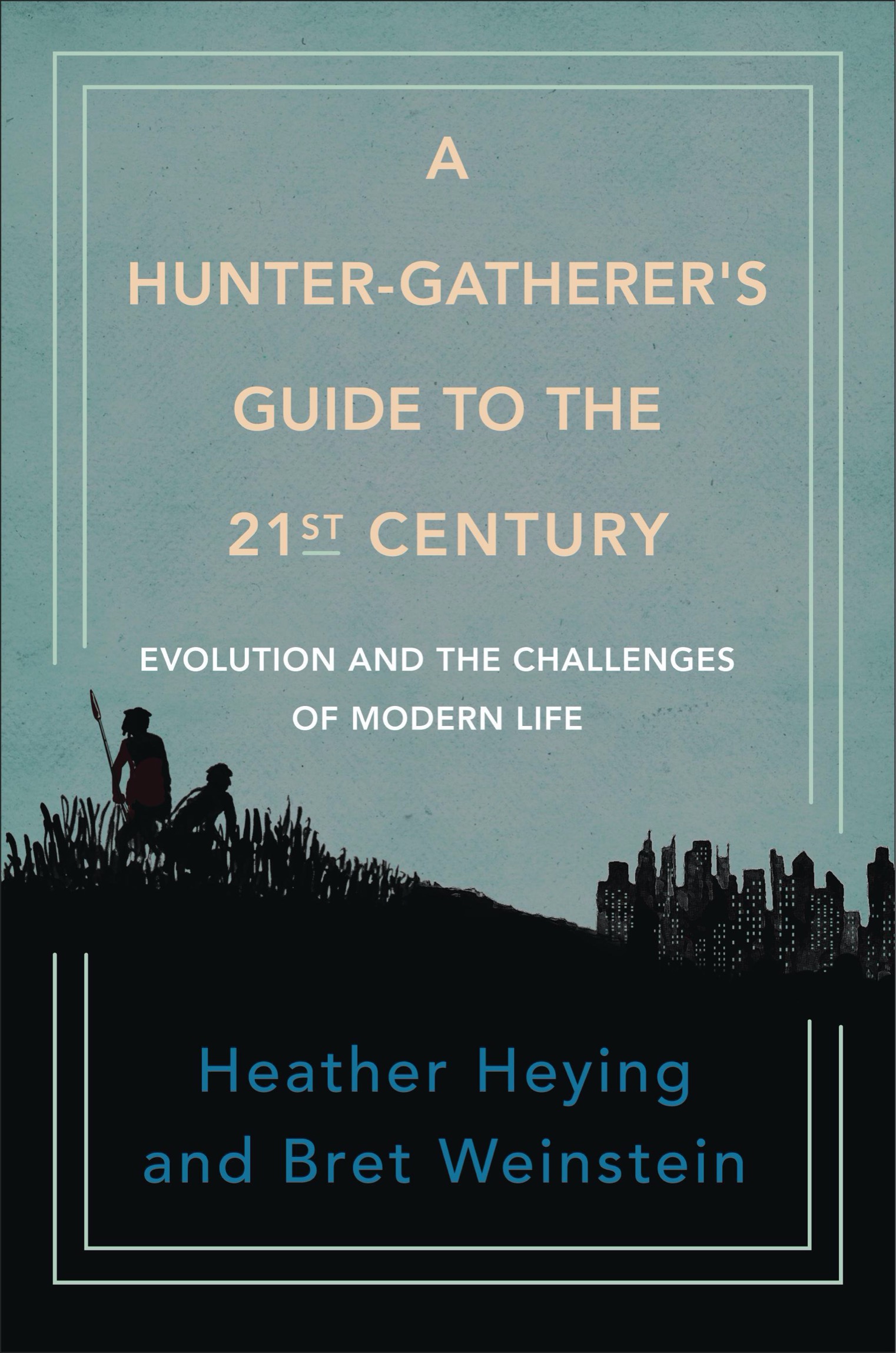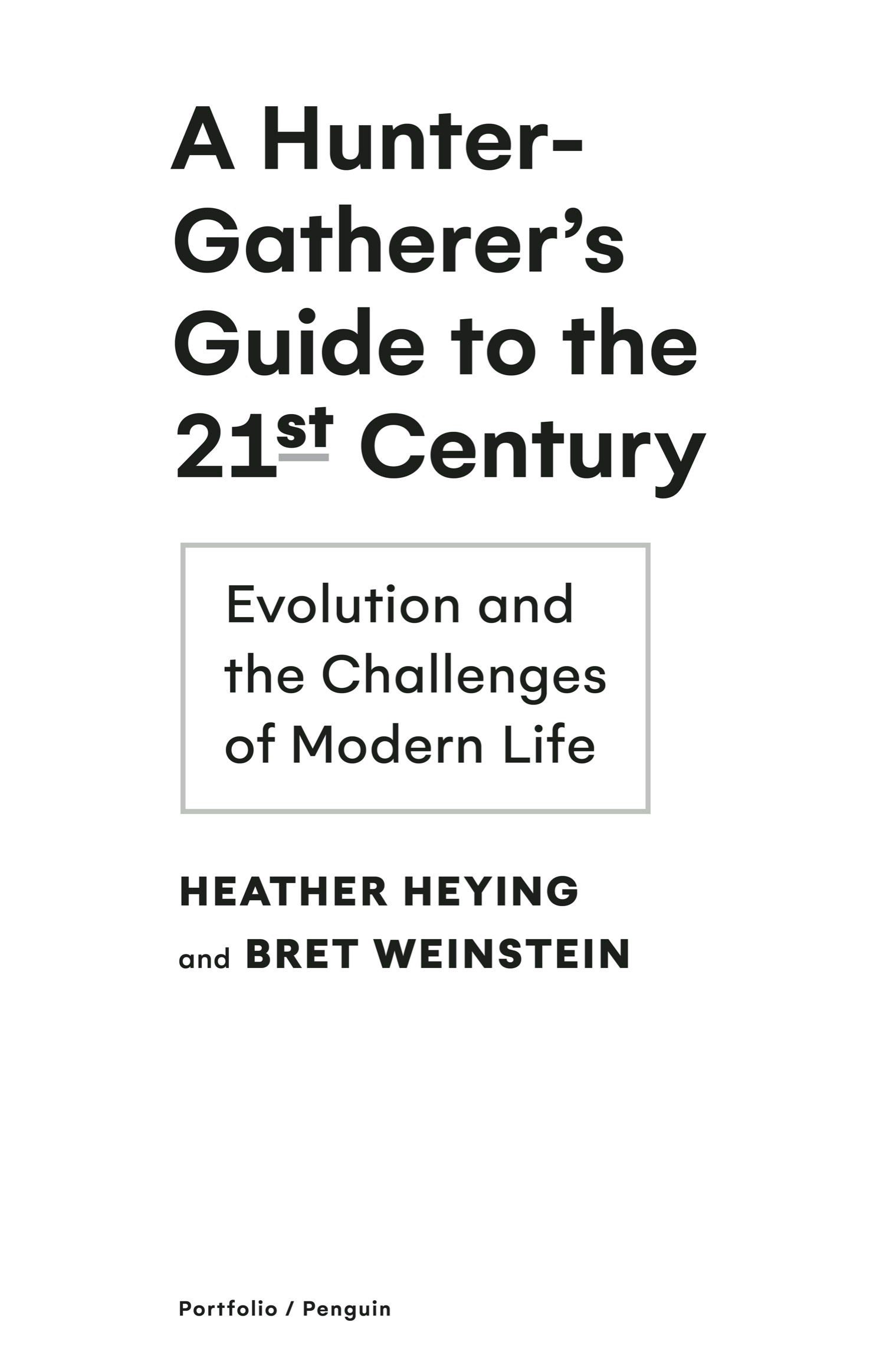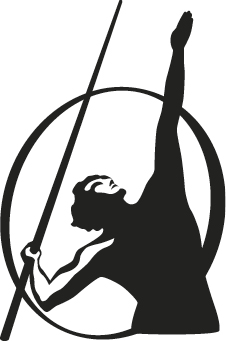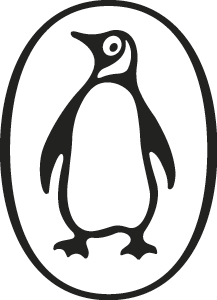Penguin supports copyright. Copyright fuels creativity, encourages diverse voices, promotes free speech, and creates a vibrant culture. Thank you for buying an authorized edition of this book and for complying with copyright laws by not reproducing, scanning, or distributing any part of it in any form without permission. You are supporting writers and allowing Penguin to continue to publish books for every reader.
Names: Heying, Heather E. (Heather Elizabeth) author. | Weinstein, Bret, author.
Title: A hunter-gatherers guide to the 21st century : evolution and the challenges of modern life / Heather Heying and Bret Weinstein.
Description: First edition. | New York : Portfolio, 2021. | Includes bibliographical references and index.
Identifiers: LCCN 2021005457 (print) | LCCN 2021005458 (ebook) | ISBN 9780593086889 (hardcover) | ISBN 9780593086896 (ebook)
Subjects: LCSH: Human ecology. | Human evolutionSocial aspects. | Civilization, ModernSocial aspects. | Hunting and gathering societies. | Biodiversity.
Book design and map illustration by Daniel Lagin, adapted for ebook by Cora Wigen
Neither the publisher nor the author is engaged in rendering professional advice or services to the individual reader. The ideas, procedures, and suggestions contained in this book are not intended as a substitute for consulting with your physician. All matters regarding your health require medical supervision. Neither the author nor the publisher shall be liable or responsible for any loss or damage allegedly arising from any information or suggestion in this book.
To Douglas W. Heying and Harry Rubin, who saw so much, so early, and with such clarity
Introduction
In 1994, we spent our first summer in graduate school at a tiny field station in the Sarapiqu region of Costa Rica. Heather was studying dart-poison frogs; Bret homed in on tent-making bats. Every morning we did fieldwork in the rain forest, where it was green and lush and dark.
We remember a particular afternoon in July. A pair of macaws flew overhead, silhouetted against the sky. The river was cool and clear, and trees full of orchids crowded the bank. It was a perfect antidote to the sweat and heat of the day. On beautiful afternoons like this one, we would walk across the paved road that went all the way to the capital, onto a smaller dirt road, and cross a steel bridge that spanned the Ro Sarapiqu, to take a swim at the beach below.
We paused on the bridge to admire the view: the river wending its way between walls of forest, a toucan flying between trees, the distant calls of howler monkeys. A local man whom we did not know approached and began talking to us.
You are going to swim? he asked, pointing at the sandy bank where we were headed.
Yes.
Today there was rain in the mountains, he said, pointing to the south. The rivers source was in those mountains, in the cordillera. We nodded. Earlier, we had seen the thunderclouds above the mountains from the field station. Today there was rain in the mountains, he said again.
But no rain here, one of us said, laughing lightly, not knowing how to make small talk in a language we werent fluent in, while standing on a bridge, eager to swim.
Today there was rain in the mountains, he said a third time, more emphatically. We looked at each other. Perhaps it was time to take our leave, to walk down to the river and get in the water. The sun was now directly on us. It was desperately hot.
Okay, see you later, we said, waving, moving on. We were barely fifty feet from getting in the water.
But the river, the man said to us, now with some urgency.
Yes? we asked him, confused.
Look at the river, he said, pointing. We looked down. It looked like the river always did. Running fast and clean, smooth and...
Wait, said Bret. Is that a whirlpool? That wasnt there before. We looked at the man again, questions in our eyes. He pointed again to the south.
Today there was a lot of rain in the mountains. He moved his focus back to the river. Look at the water now.
In the moments we had been looking away, the water had come up visibly. It was moving chaotically, roiling. It had changed color, toofrom dark and calm, it had become pale and filled with silt. In short order, it was filled with more than that.
The three of us stood transfixed, as the river rose spectacularly, many feet in just a few minutes. The beach disappeared under a huge volume of rushing water. Anyone on it would have been swept away. Debris, including several logs, began to hurtle past. Anything that hit that new whirlpool disappeared, then shot back up beyond the bridge.
The man turned around and began to walk off the way that he had come. He was a campesino, a farmer, but we didnt know where he was from, or how he knew that we were there, about to descend to what could easily have been our deaths.
Wait, Bret called, then realized that we had nothing to offer him but gratitude. We literally had nothing on us but our clothes. Thank you, we said. Thank you so much. And Bret took off his shirt and gave it to the man.
Really? the man asked, as Bret held out his shirt.
Really, Bret confirmed.
Thank you, he said, accepting the shirt. Good luck. And remember to think about the rain in the mountains. With that, he left.
We had been living by that river for a month, swimming in it nearly every day, sometimes alongside local people. Suddenly, we felt like strangers. Wed mistaken our few experiences swimming in the river for the wisdom of actually knowing a place. How could we have been so wrong?
At no other time in history has it been possible to think that you are a local but to be so lacking the deep knowledge of a place that keeps you safe during rare events. We moderns struggle to grasp this gap in our knowledge for many reasons. For starters, we no longer rely on tight-knit communities or a deep understanding of local terrain like humans did until recently. Given how easy it is to move from place to place with relative ease, many people tend not to stay in one locale for long at all. The facts of our individualistic lifestyles and transience tend never to strike us as odd, simply because weve neither seen nor can imagine an alternative to the world we live in right now: one where abundance and choice are ubiquitous, we rely on global systems too complex to understand, and everyone feels safe.
Until they dont.
The truth is, safety too often proves to be a facade: products on supermarket shelves turn out to be dangerous; a frightening diagnosis reveals weaknesses in a health-care system too focused on symptoms and profits; an economic downturn stresses a disintegrating social safety net; legitimate concerns about injustice become excuses for violence and anarchy while civic leaders offer pablum rather than solutions.

